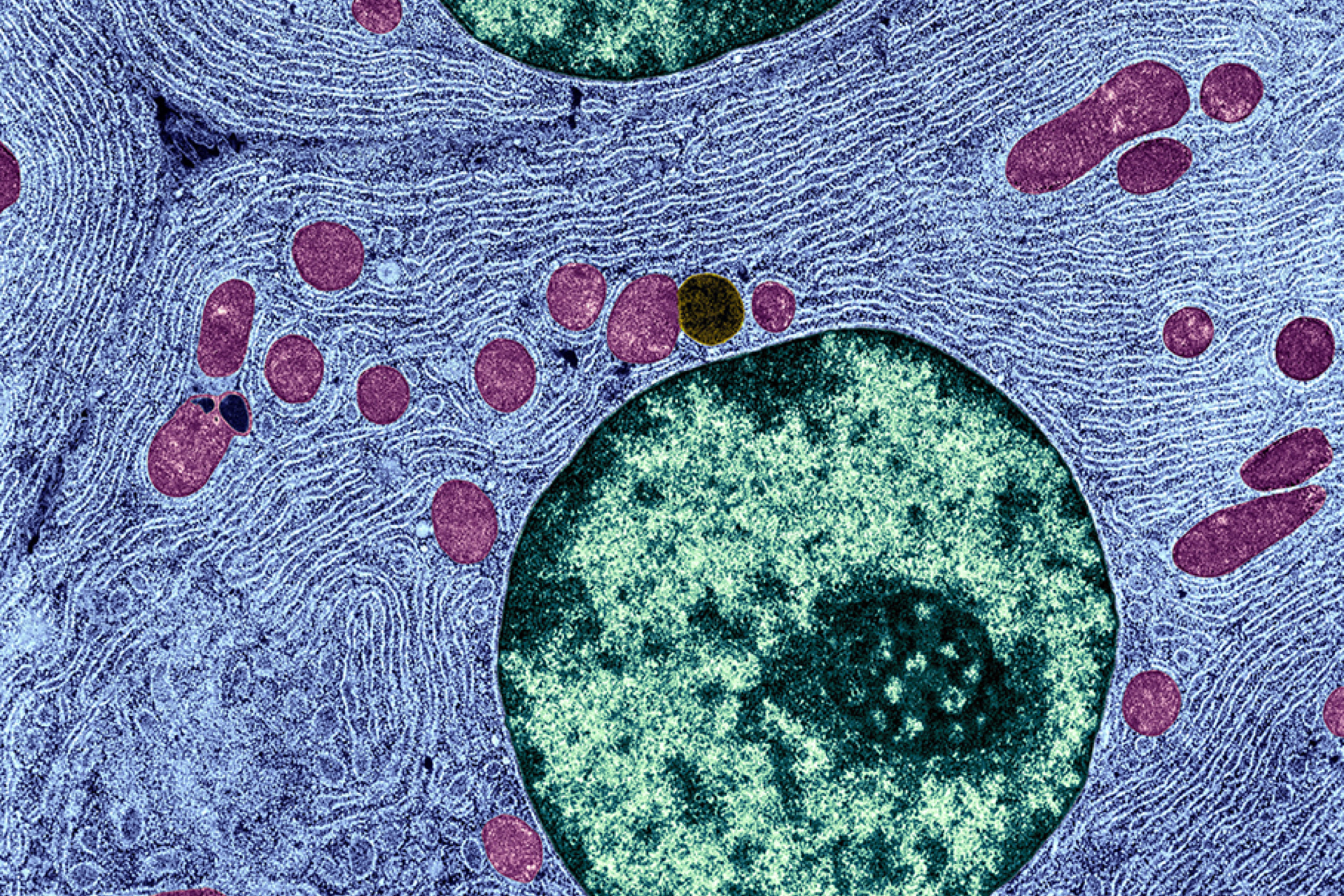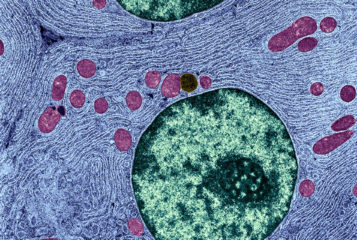Regulations that came into force this week will enable the UK to be the first country in the world to allow the use of mitochondrial donation techniques during IVF.
The technique is intended to prevent the transmission of faulty mitochondria from mother to child, which can cause debilitating genetic diseases.
Doug Turnbull, Professor of Neurology at Newcastle University, whose team developed the technique, described the regulations as 'another important step towards helping couples who want to have healthy children free of mitochondrial disease'.
Mitochondrial donation allows faulty mitochondria in egg cells or embryos to be replaced with healthy mitochondria from a donor egg. The technique, often referred to as 'three-parent IVF', therefore uses biological material from three people — the child's mother and father, as well as a female mitochondrial donor.
The secondary legislation was passed on 24 March 2015 when the House of Lords voted 280 to 48 in favour of regulations permitting mitochondrial donation (see BioNews 792). MPs also voted overwhelmingly in favour of the regulations (see BioNews 789).
The law came into force on the 29 October 2015, meaning that IVF clinics can now apply to the Human Fertilisation and Embryology Authority (HFEA) for licences to perform the technique.
'We welcome the publication of the licensing conditions by the HFEA, which make it possible for specialised clinics in the UK to apply for a licence to carry out the IVF technique known as mitochondrial donation,' added Professor Turnbull. 'We are preparing to apply for a licence and we hope to be ready for submission shortly. At the same time, we are working towards securing NHS funding for affected families.'
Sarah Norcross, Director of the Progress Educational Trust, the charity which publishes BioNews, said: 'This is a good news story for couples who wish to avoid transmitting mitochondrial disease to their children. However, there are still a number of steps which need to be taken before these treatments can be used. This is due to the rigour of the regulations and the high standards of scientific scrutiny which have been required throughout this process.'
The HFEA will consider all applications on a case-by-case basis. However, it said no applications can be processed until it has convened an independent expert panel and its board is satisfied with the results of three outstanding safety and efficacy tests.







Leave a Reply
You must be logged in to post a comment.